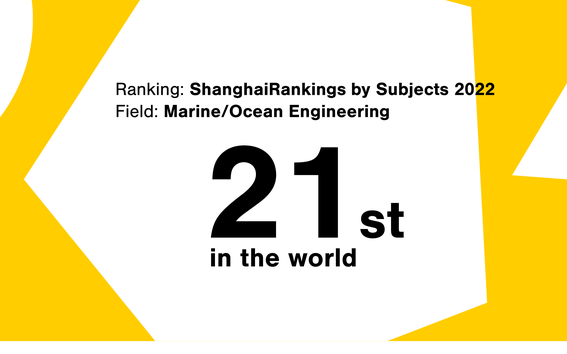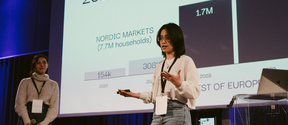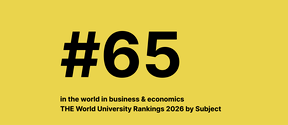ShanghaiRanking: Aalto University ranks in top 100 worldwide in nine academic subjects

Aalto University has again performed well in the respected ShanghaiRanking Global Ranking of Academic Subjects. Altogether 4 subjects rank in the top 50 worldwide: Marine/Ocean Engineering jumped to 21st position (last year 39th). Business Administration came 24th (last year 25th); Management 38th (31st) and Library & Information Science 46th (51–75).
Aalto ranked in the top 100 in the world in five other subjects: Computer Science & Engineering, and Telecommunication Engineering both ranked 51–75; Remote Sensing, Mining & Mineral Engineering; Electrical & Electronic Engineering ranked 76–100.
Universities from the United States cement their top positions in 32 subjects. Harvard University leads the best performing institution, taking 16 crowns. MIT tops in 5 subjects.
The annual ShanghaiRanking evaluates universities in 54 subjects across the natural sciences, engineering, as well as medical, social and life sciences. The ranking does not assess subjects related to art and design. In total, over 5000 universities were evaluated in 2022. The ranking uses a range of objective academic indicators and third-party data to measure the performance of world universities, including research output, research influence, international collaboration, research quality, and international academic awards.
Rankings
Aalto University performs well in international university rankings. In subject-specific rankings, we place 8th globally in art & design and are in the top 100 in several other subjects.

Read more news

Enhancing doctoral researchers’ work-life skills – Join the DOC+ events
Doctoral student or postdoc, have you been pondering about building a meaningful doctoral career? Or about the future of AI in research and working life? These events and learning opportunities are for you!
Specialised AI models could be Finland's next global export
Specialised, resource-efficient AI models could be the next competitive edge of our country, and a way to stand out among the use of large language models.
Aalto University to host the INNOVA Europe Summit 2026 in Espoo
Aalto University to host the INNOVA Europe Summit 2026 in Espoo, bringing together Europe’s next generation of student entrepreneurs.






